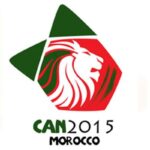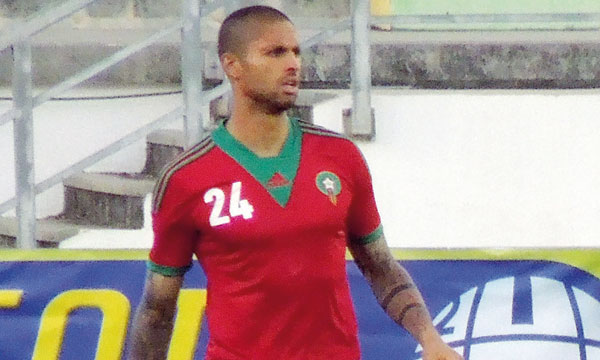TOGO FTF ELECTIONS: DOES FIFA’S LETTER RAISE MORE QUESTIONS THAN IT ANSWERS?
FIFA’s recent correspondence regarding the Togolese Football Federation (FTF) elections has become the subject of fierce debate — both on sports panels and in public discourse. While the intention was to provide clarity on voter eligibility, the letter appears to have sown confusion and revealed inconsistencies, particularly concerning which clubs can cast a vote.
✅ FIFA’s Criteria: Ambiguous or Incongruous?
FIFA emphasized that:
“Only first and second division clubs that have participated in FTF competitions and are funded by FIFA in the last two years meet the conditions set out in the statutes.”
But this guideline has led to numerous contradictions:
-
ASFOSA and Gboehloe Su, both of which reportedly took part in FIFA-funded championships, were not among the 52 voting members of the 2010 General Assembly.
-
Meanwhile, Kakadl, a club inactive for over a decade and not participating in FIFA-funded FTF competitions, somehow retains voting rights.
-
Tigre Noir Zéphyr, which took part in the 2011–2013 FIFA-funded seasons but boycotted the 2013–14 season, appears to benefit from eligibility.
❓ Funding Timeline Raises Doubts
During Gabriel Ameyi’s tenure (2011–2014), three league seasons were held:
-
2011–2012 and 2012–2013: Funded by FIFA.
-
2013–2014: Not funded by FIFA.
Yet the status of participation and funding in these seasons is unevenly applied to clubs’ voting rights.
🗳️ Voting Rights: Inconsistent Exclusions and Inclusions
Before the General Assembly was postponed:
-
The FTF excluded Espoir de Tsévié and AS Binah, as well as the Tchamba League, for not meeting eligibility criteria.
-
However, FIFA’s letter reinstated them without clear explanation — despite non-compliance.
This contradiction only deepens the sense of procedural uncertainty.
⚖️ Conclusion: Has FIFA Stirred More Trouble Than Clarity?
In its attempt to clarify voter eligibility, FIFA’s letter has inadvertently opened the door to contradictions, subjective interpretations, and political maneuvering. Each camp now interprets the guidelines to suit its narrative, further complicating an already fragile electoral process.
The situation prompts a crucial question:
Is FIFA upholding the statutes — or undermining them through selective enforcement?
One thing is clear: a transparent and consistently applied framework is urgently needed to restore credibility to the Togolese football electoral process.











